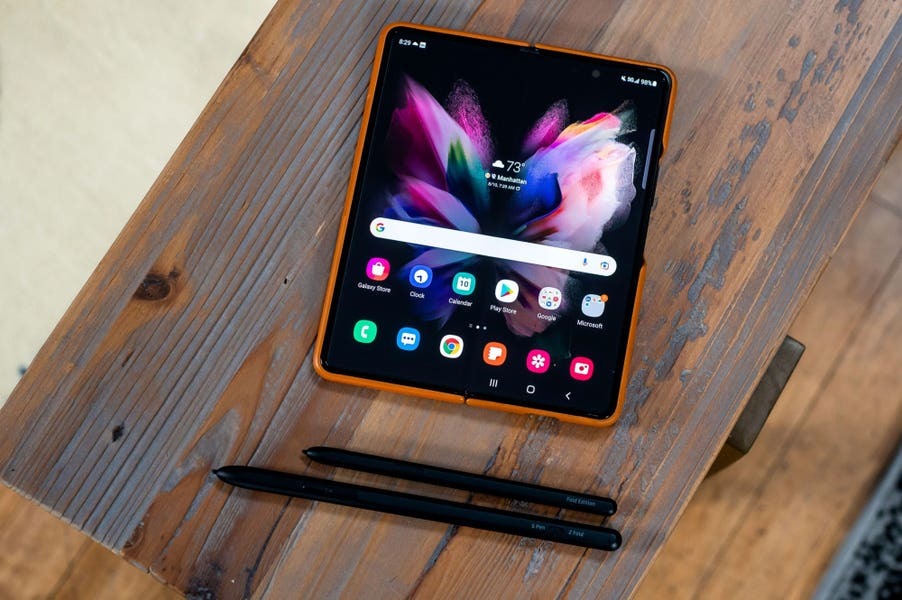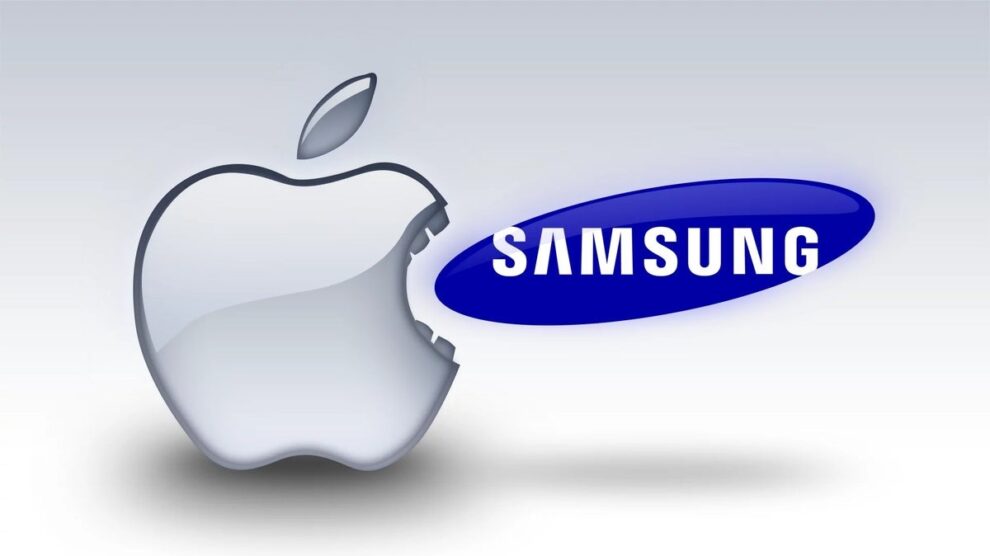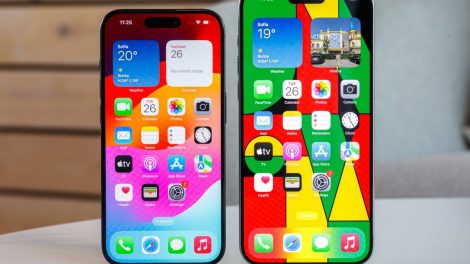In the highly competitive world of smartphone marketing, companies often walk a fine line between clever promotional tactics and potentially alienating consumers. A recent incident involving Samsung’s critique of Apple’s marketing strategies, serves as a cautionary tale about the risks of aggressive comparative advertising. This article explores the situation, its fallout, and the broader implications for marketing in the tech industry.

Samsung’s Marketing Gambit
Samsung, a long-standing rival of Apple in the smartphone market, recently launched a series of advertisements that took aim at Apple’s marketing campaigns. The intention behind these ads was apparently to be playful and engaging, highlighting perceived strengths of Samsung’s products in comparison to Apple’s. This strategy is not new in the tech world, where companies often engage in light-hearted ribbing of their competitors.
However, the execution and reception of these ads didn’t quite go as Samsung might have hoped. Instead of generating positive buzz or amusing their target audience, the campaign seems to have struck a nerve with many consumers, leading to unexpected criticism and backlash.
The Unexpected Backlash
According to the PhoneArena article, Samsung’s marketing strategy faced significant criticism from users. This negative reaction came as a surprise, given that competitive jibes are relatively common in tech advertising. The backlash raises interesting questions about consumer perceptions and the delicate balance required in comparative marketing.
Reasons Behind the Negative Reaction
The article suggests several potential reasons for the backlash against Samsung’s campaign:
- Overdoing the Criticism:One possibility is that Samsung’s ads might have crossed the line from playful jabs to what some perceived as excessive or mean-spirited criticism. In the world of marketing, there’s a fine line between clever comparisons and attacks that can come across as petty or unprofessional. If consumers felt that Samsung had crossed this line, it could explain the negative reaction.
- Perceived Hypocrisy:Another factor could be that some users view Samsung’s products as similar to Apple’s in many respects. When a company criticizes a competitor for practices or features that it also employs, it can be seen as hypocritical. This perception of hypocrisy could have led to consumers questioning the validity and sincerity of Samsung’s critiques.
- Apple’s Loyal Fan Base:Apple is known for having a particularly devoted customer base. These loyal Apple users might take offense to any criticism of their preferred brand, regardless of its validity or intention. In attacking Apple, Samsung may have inadvertently alienated not just Apple fans but also more neutral consumers who dislike overly aggressive marketing tactics.
The Pitfalls of Competitive Marketing
This incident highlights several potential risks associated with marketing strategies that rely heavily on critiquing competitors:
- Alienating Potential Customers:By focusing on criticizing a competitor, a company risks pushing away consumers who might otherwise have been interested in their products. This is particularly true in the smartphone market, where many consumers switch between brands over time.
- Negative Brand Association:Aggressive comparative advertising can sometimes backfire by associating a brand with negativity. Consumers might remember the critical ads more than the positive aspects of the product being advertised.
- Overshadowing Product Benefits:When marketing focuses too heavily on criticizing competitors, it can distract from the actual benefits and features of the product being advertised. This may leave consumers with a clear idea of what’s wrong with the competitor’s product but little understanding of why they should choose the advertised alternative.
- Escalating Brand Wars:Aggressive comparative advertising can sometimes lead to a back-and-forth between competing brands, potentially escalating into a “brand war” that benefits neither company and may tire consumers.
Lessons for Future Marketing Strategies
The backlash against Samsung’s campaign offers several valuable lessons for tech companies and marketers:
- Focus on Your Strengths:Rather than criticizing competitors, companies might find more success in highlighting their own unique strengths and innovations. This positive approach is less likely to alienate potential customers and can create a more favorable brand image.
- Know Your Audience:Understanding the sensibilities of your target audience is crucial. What might seem like a playful jab to some could be offensive to others. Thorough market research and consumer sentiment analysis should inform marketing strategies.
- Balance is Key:If comparative advertising is used, it should be balanced with positive messaging about your own products. The goal should be to inform consumers about your advantages, not just to criticize the competition.
- Consider Long-term Brand Perception:Short-term attention-grabbing tactics should be weighed against long-term brand perception. Building a positive, innovative brand image often yields better results than engaging in public criticism of competitors.
The Future of Tech Marketing
As the tech industry continues to evolve, so too must its marketing strategies. The Samsung incident suggests that consumers may be growing weary of overly aggressive or critical advertising. Future successful campaigns might focus more on:
- Showcasing unique innovations and features
- Emphasizing user benefits and experiences
- Building positive brand associations through storytelling
- Engaging with consumers in more meaningful, less confrontational ways
By adopting these approaches, tech companies can potentially avoid the pitfalls of negative comparative advertising while still effectively differentiating themselves in a crowded market.
Conclusion: A Moment for Reflection in Tech Marketing
The backlash faced by Samsung serves as a moment for reflection in the tech industry’s approach to marketing. While competitive comparisons can be effective when done right, this incident demonstrates the risks involved in such strategies. As consumer preferences and tolerances evolve, so too must marketing approaches.
Moving forward, tech companies might find more success in focusing on their own innovations and the unique experiences they offer to users. By prioritizing positive messaging and genuine engagement with consumers, brands can build stronger, more resilient relationships with their audience. In the fast-paced and highly competitive tech world, sometimes the best strategy is not to criticize your competitors, but to let your own innovations speak for themselves.










Add Comment